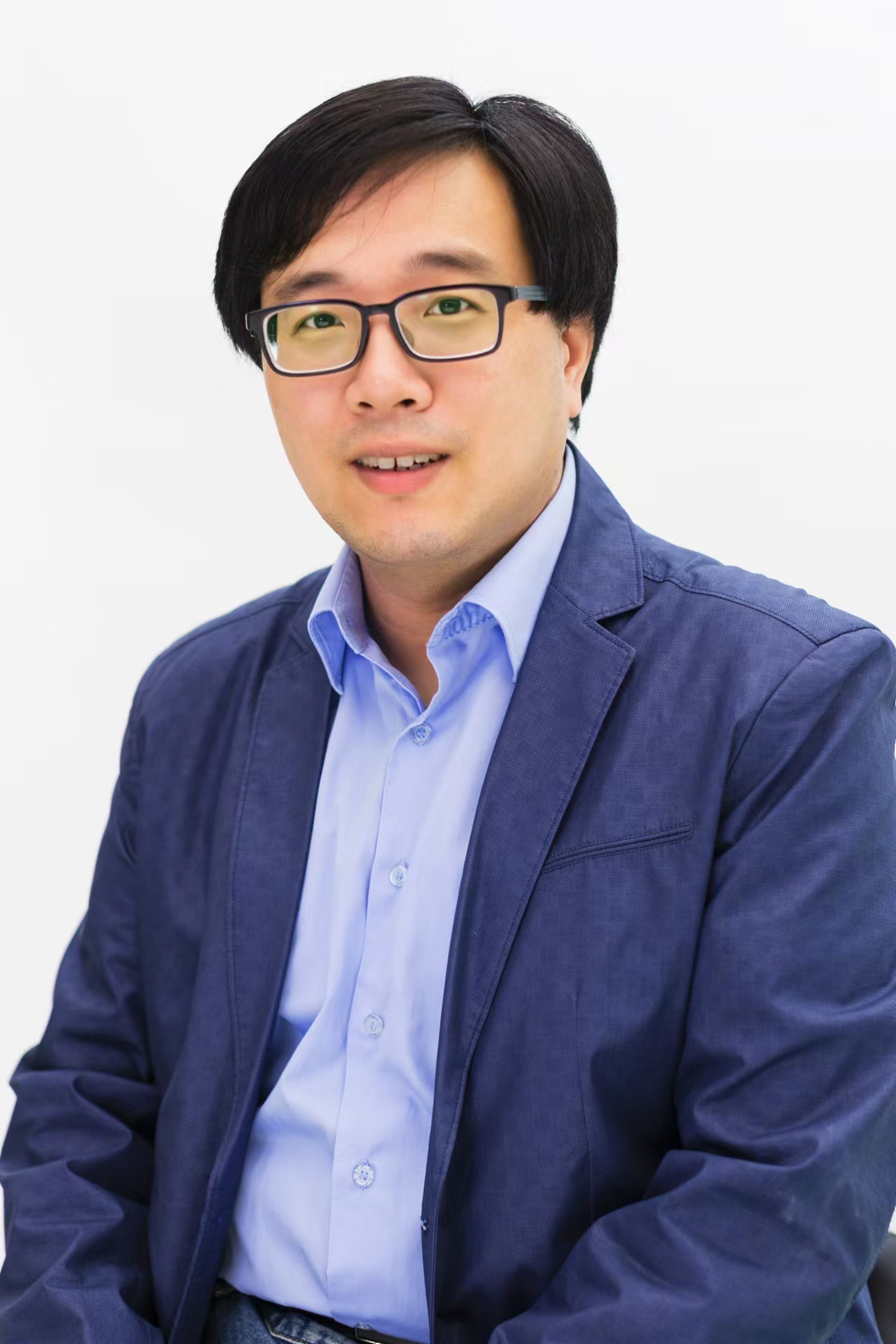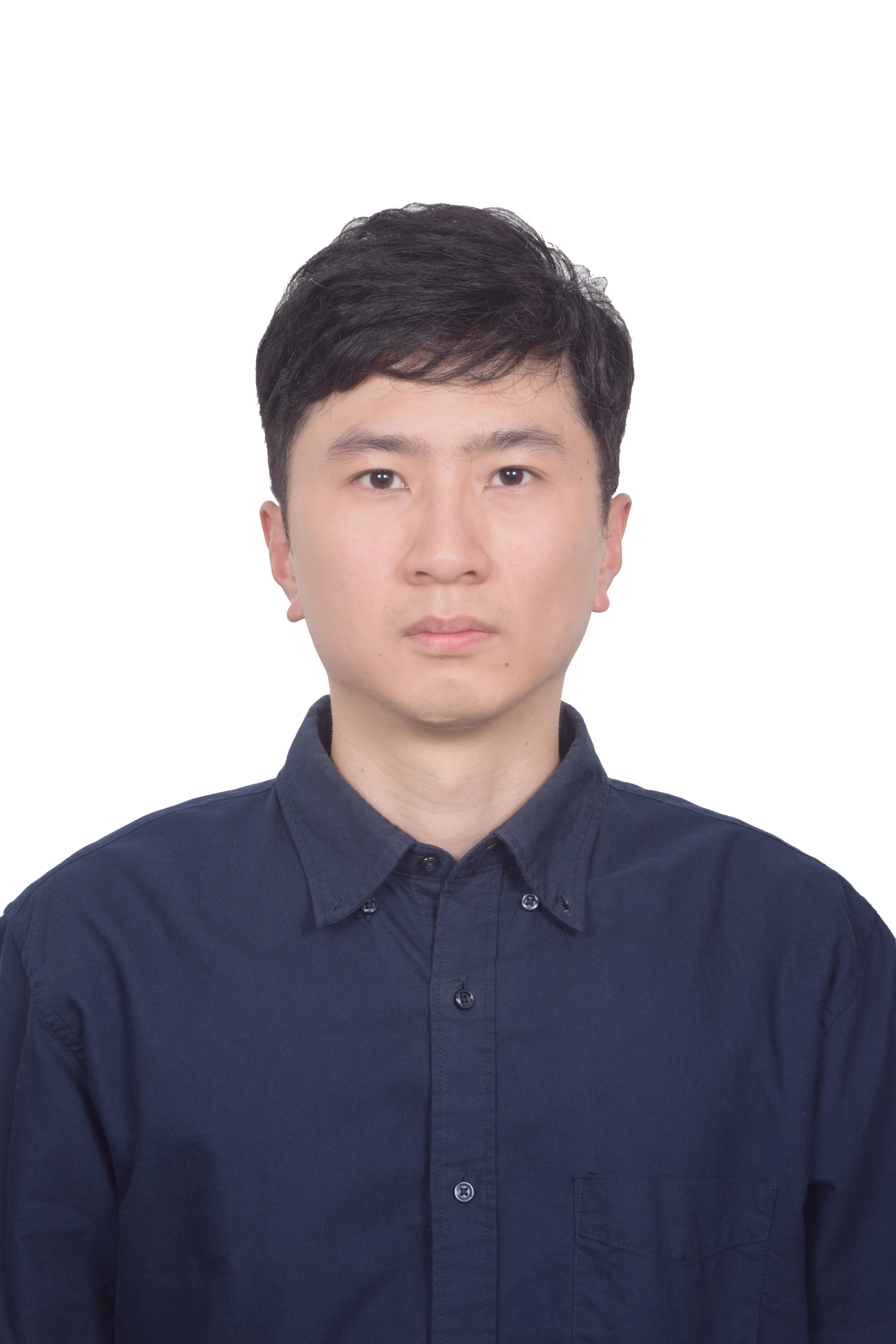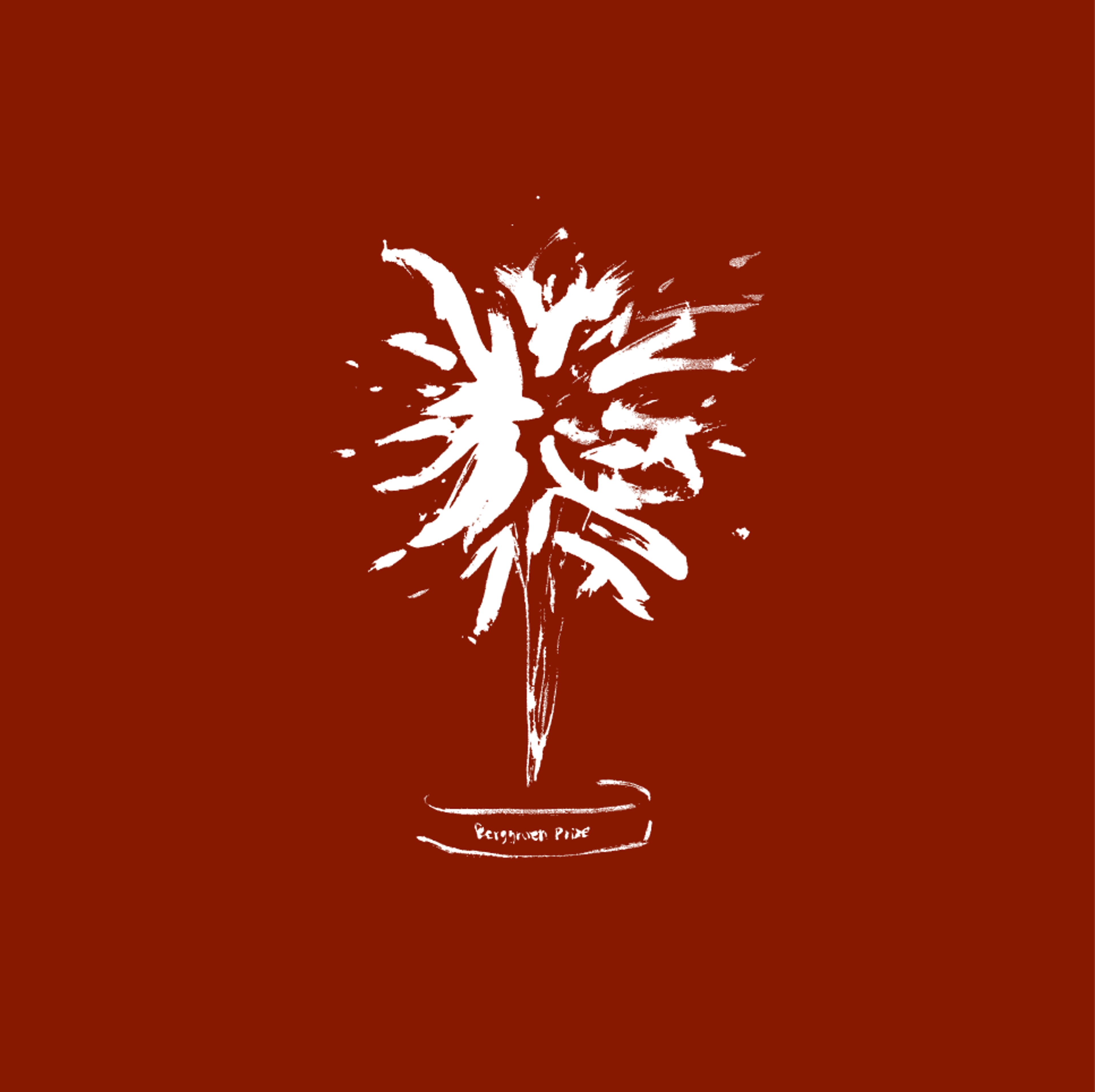Berggruen Prize Essay Competition Announces Inaugural Winners
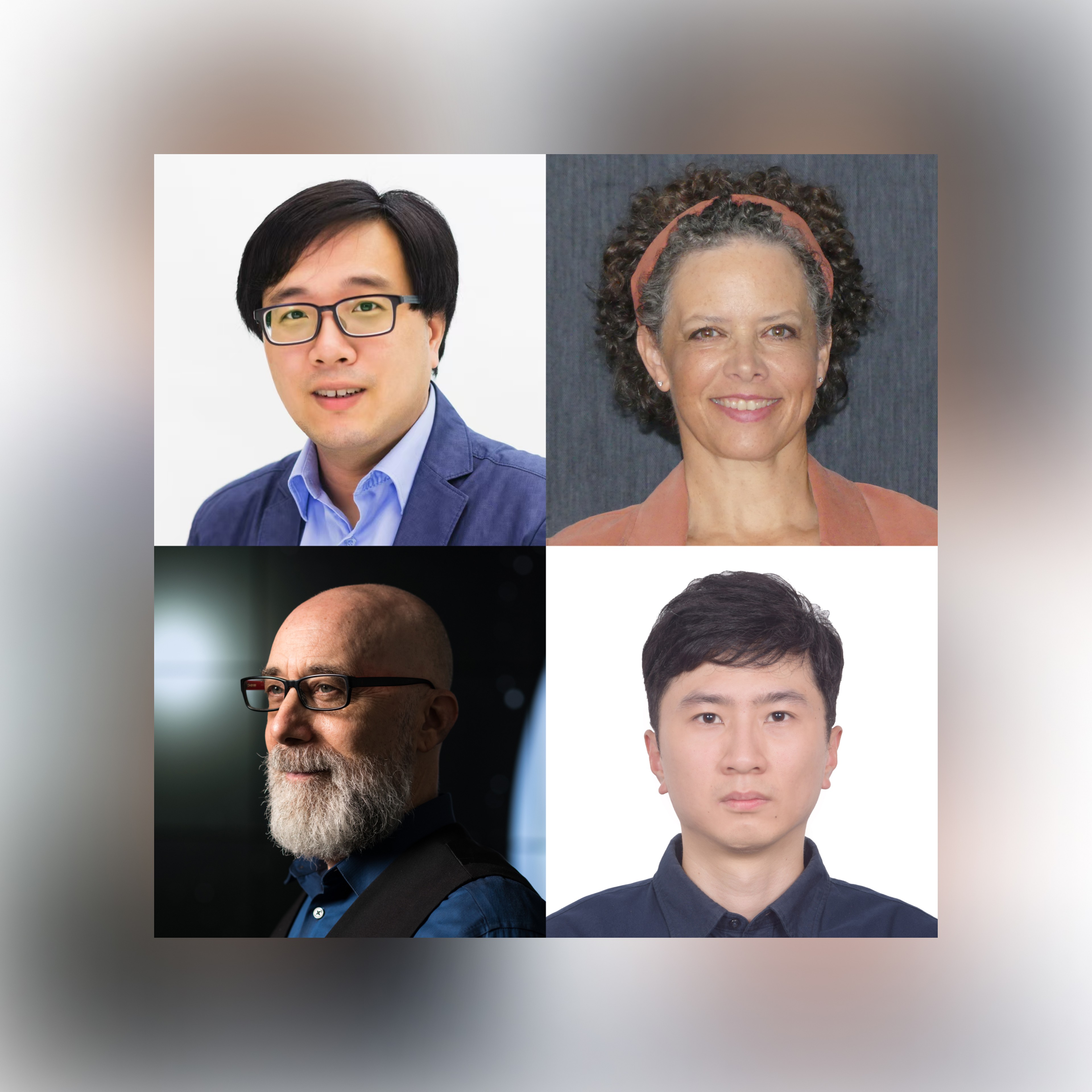
The Berggruen Institute is proud to announce the winners of its inaugural Berggruen Prize Essay Competition. Launched in February 2024, the competition aims to stimulate fresh perspectives and innovative ideas relating to the biggest challenges of our time, while facilitating the cross-cultural exchange of thought across fields, disciplines, and geographies.
The inaugural 2024 competition focused on the theme of “planetarity,” inviting essay submissions in both English and Chinese on a broad array of topics under the theme. The chosen theme reflects one of the Berggruen Institute’s core programs, The Planetary, a conceptual framework that seeks to understand the interplay of broad forces and trends—demographic, technological, economic, ecological, informational, and (geo)political—that have altered humanity’s relationship with Earth systems, and to develop new ideas and design new institutions in response. Submissions in each language were rigorously evaluated by members of the Advisory Panel, which is composed of distinguished scholars and experts from diverse fields around the world.
The following two English essays winners will share a $25,000 USD award:
- Adam Frank – The Coming Second Copernican Revolution
- Pamela Swanigan – It’s Time To Give Up Hope For A Better Climate & Get Heroic
The following two Chinese essays winners will also share a $25,000 USD award:
- Yichao Lin – 行星机制及其概念开显 [Planetary Mechanism and its Conceptual Manifestation]
- Yingjin Xu– 儒家视域中的行星级数字化生活——一种基于小数据主义的解决思路[How to make Confucianism Digitalized on a Planetary Scale? --a small-dataism-based proposal ]
“The essay competition is an opportunity to provide a platform for new thinking and important ideas from both East and West,” acknowledged Nicolas Berggruen, Chairman and Founder of the Berggruen Institute. “We congratulate the inaugural winners of the Berggruen Prize Essay Competition.”
The Berggruen Institute looks forward to continuing its mission of fostering dialogue and collaboration across cultures, and the Essay Competition is just one of the many initiatives supporting this broader vision. The competition draws inspiration from historic essay contests that have shaped intellectual discourse, including the famed 1750 essay competition of the Académie de Dijon, which saw Jean-Jacques Rousseau's Discourse on the Arts and Sciences—known as The First Discourse—win and cement his role as a profoundly influential thinker. It aspires to echo such moments by providing a platform for groundbreaking ideas that resonate in today's rapidly changing world.
The competition serves as a complement to the prestigious Berggruen Prize for Philosophy & Culture, a $1 million award presented annually to thinkers whose ideas have profoundly shaped society. Previous laureates include renowned intellectuals Charles Taylor (2016), Onora O’Neill (2017), Martha C. Nussbaum (2018), Ruth Bader Ginsburg (2019), Paul Farmer (2020), Peter Singer (2021), Kojin Karatani (2022), and Patricia Hill Collins (2023).
In addition to publishing the essays in Noema and Cuiling magazines, the Berggruen Institute will host an award ceremony for the winners in November 2024 as part of the Planetary Summit it is hosting at its European center in Venice, Italy. In addition, the essays will be included in an edited volume to be produced by Berggruen Institute Press in 2025.
Essay Abstracts
The Coming Second Copernican Revolution, by Adam Frank, puts forth a thought-provoking framework for thinking about our place in the universe. In addressing climate change, it argues that we should understand our task to be one of maturing our ‘technosphere’ – our culture, technology, politics, social institutions, and so on – in way that allows for its co-evolution with our ‘biosphere’ – the biological ecology of living things on our planet. The essay argues that once our technosphere is aligned with our biosphere, we achieve planetary intelligence.
It’s Time To Give Up Hope For A Better Climate & Get Heroic, by Pamela Swanigan, is premised on the assumption that it is too late to avert the impending climate disaster. It argues that for humanity’s fight against climate change to gain real momentum, we need to find the selfless courage that comes when our time is inevitably nigh. It’s time to move toward a rhetoric of heroism & courage, even in the face of defeat.
Planetary Mechanism and its Conceptual Manifestation, by Yichao Lin, adopts the methodology of “conceptual history” to conduct an in-depth analysis of the concept of planetarity. The inclusion of resources from multiple languages lends historical credibility to the analysis. In particular, the essay uses the thoughts of Carl Schmitt and Liu Cixin as examples to place planetarity on a cosmic scale and create a tension between the concept and the vision.
How to Make Confucianism Digitalized on a Planetary Scale, by Yingjin Xu, argues for “small-dataism” to contrast with the prevailing approach of “big data-ism.” It advocates for protecting vulnerable groups and local autonomy, and innovatively links this idea with Confucian thoughts. The essay draws on knowledge from multiple disciplines, including political science, history, economics, sociology, and artificial intelligence research, to argue for and support a system based on “small data-ism.”
About the Essay Winners
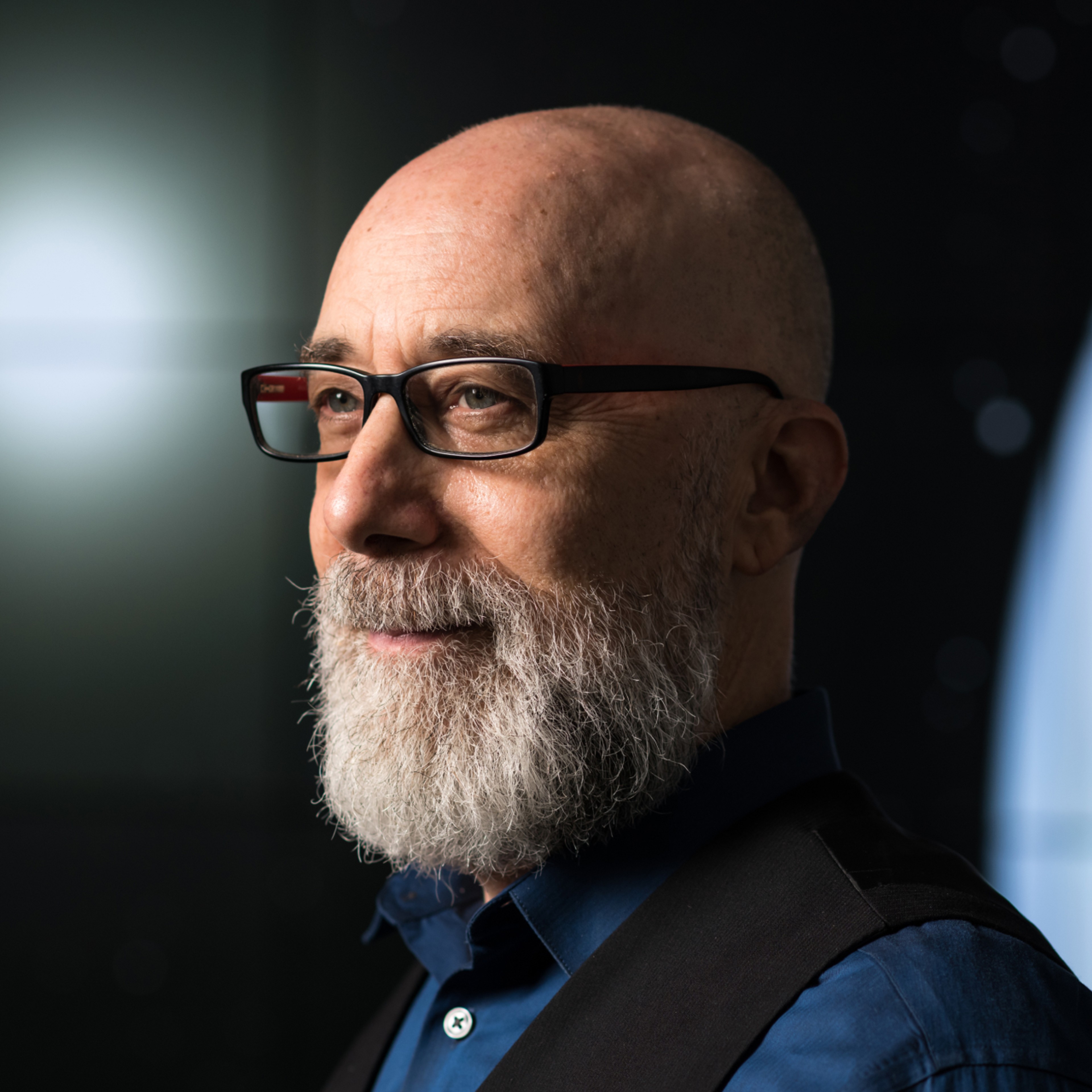
Adam Frank: "As an astrophysicist, astrobiologist, and professor in the Department of Physics and Astronomy at the University of Rochester, my research focuses on the co-evolution of life and planets. I am the Principal Investigator in NASA’s first program to study the planetary-scale “technosignatures” that exo-civilizations may produce. I also work in “Physics of Life” research exploring the role of semantic information in the evolution of agency and autonomy. I have been a regular on-air commentator for NPR’s All Things Considered and CNN. My writing has appeared in the New York Times, The Atlantic and other media outlets. I was the science consultant for Marvel’s Doctor Strange and was the 2020 winner of the Carl Sagan Medal from the American Astronomical Society. I am the author of five books, including The Little Book of Aliens and The Blind Spot."
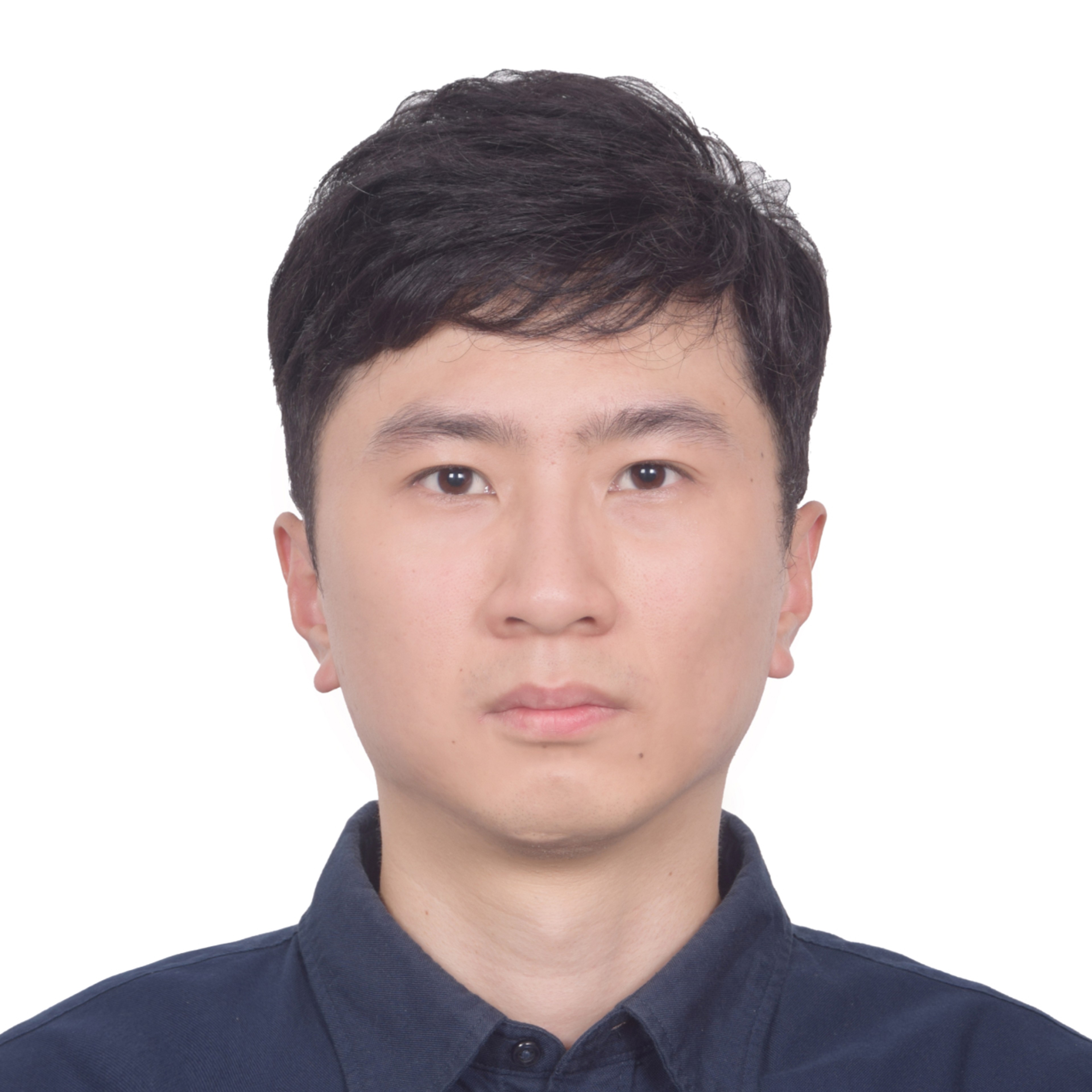
Yichao Lin: "Originally from Guangzhou, I pursued a master's degree in Cultural and Religious Studies at the Chinese University of Hong Kong, after which I worked as an editor and columnist at a university and a think tank in Hong Kong. Currently, I am a PhD candidate at Sun Yat-sen University, specializing in Western Philosophy. My research spans contemporary continental philosophy and film philosophy, with some dabbling in history of science, philosophy of technology, biblical studies, linguistics, jurisprudence, and the study of 1960s-70s European cinema. My current research focuses on Western natural philosophy during the Ming and Qing dynasties, with a particular emphasis on uncovering various East Asian conceptual history issues related to translation since early modern times."
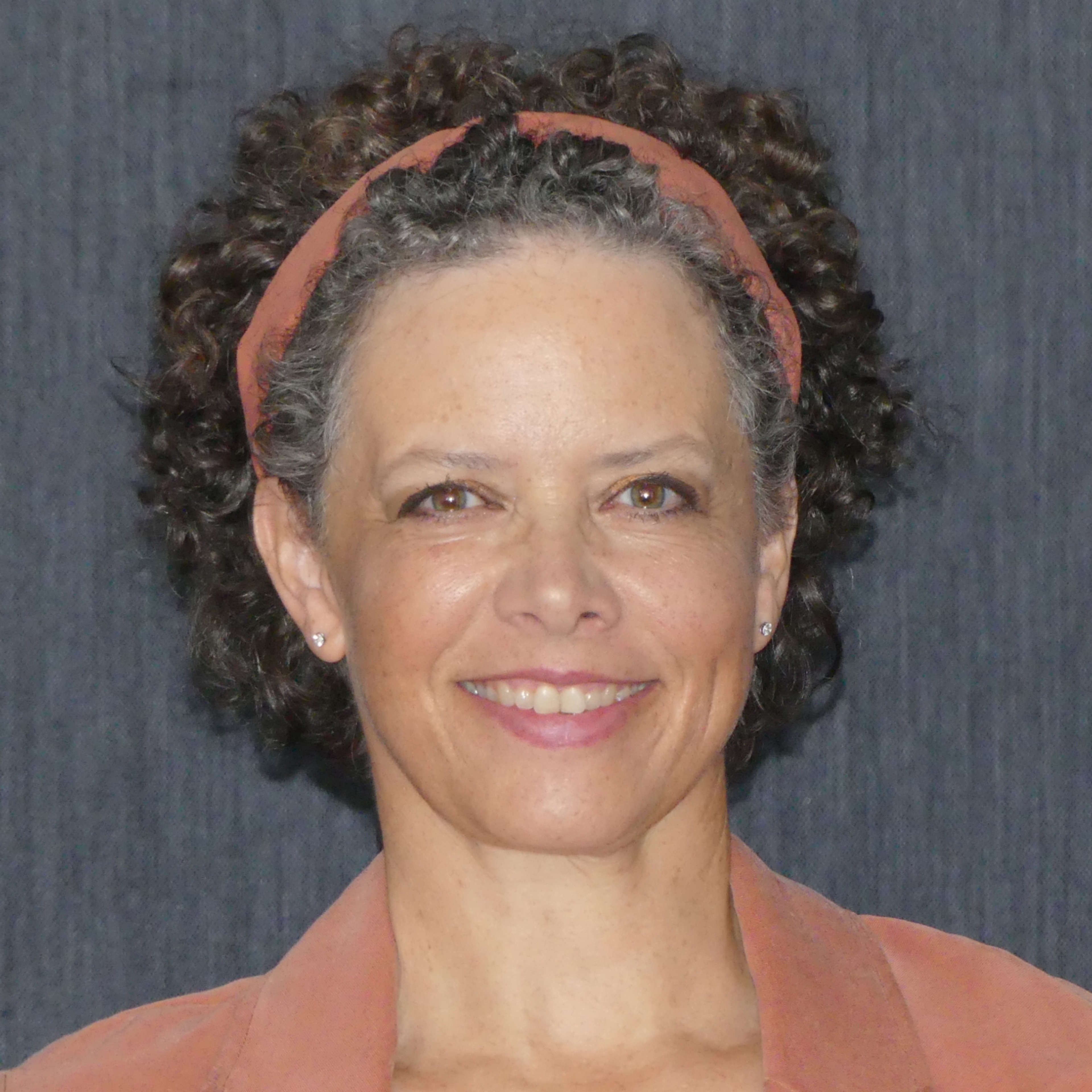
Pamela Swanigan: "I have had what I think of as a Forrest Gump-y sort of life. I started out in East Oakland, raised mostly by my Black grandmother, just as the Black Panthers were becoming active; my White mother (I recently learned) helped to procure guns for them. We then moved to Berkeley, where my mother and White stepfather took me and my sister on the march for People’s Park, sheltered us during student riots, and set us loose in Golden Gate Park during love-ins and be-ins. When I was 5, we moved to rural British Columbia to go “back” to the land, and I spent the next years of my childhood milking cows, churning butter, bathing in a tin washtub, and reading by the light of kerosene lamps. Despite having been taken out of the school system as a child, at 16 I inveigled my way into university, dropping out two years later to start work as a magazine writer and editor. I returned to university intermittently over the years, until I eventually earned a PhD in English Literature, with a dissertation on biophilia in children’s classics. However, I continue to identify and make my living mainly as a writer."
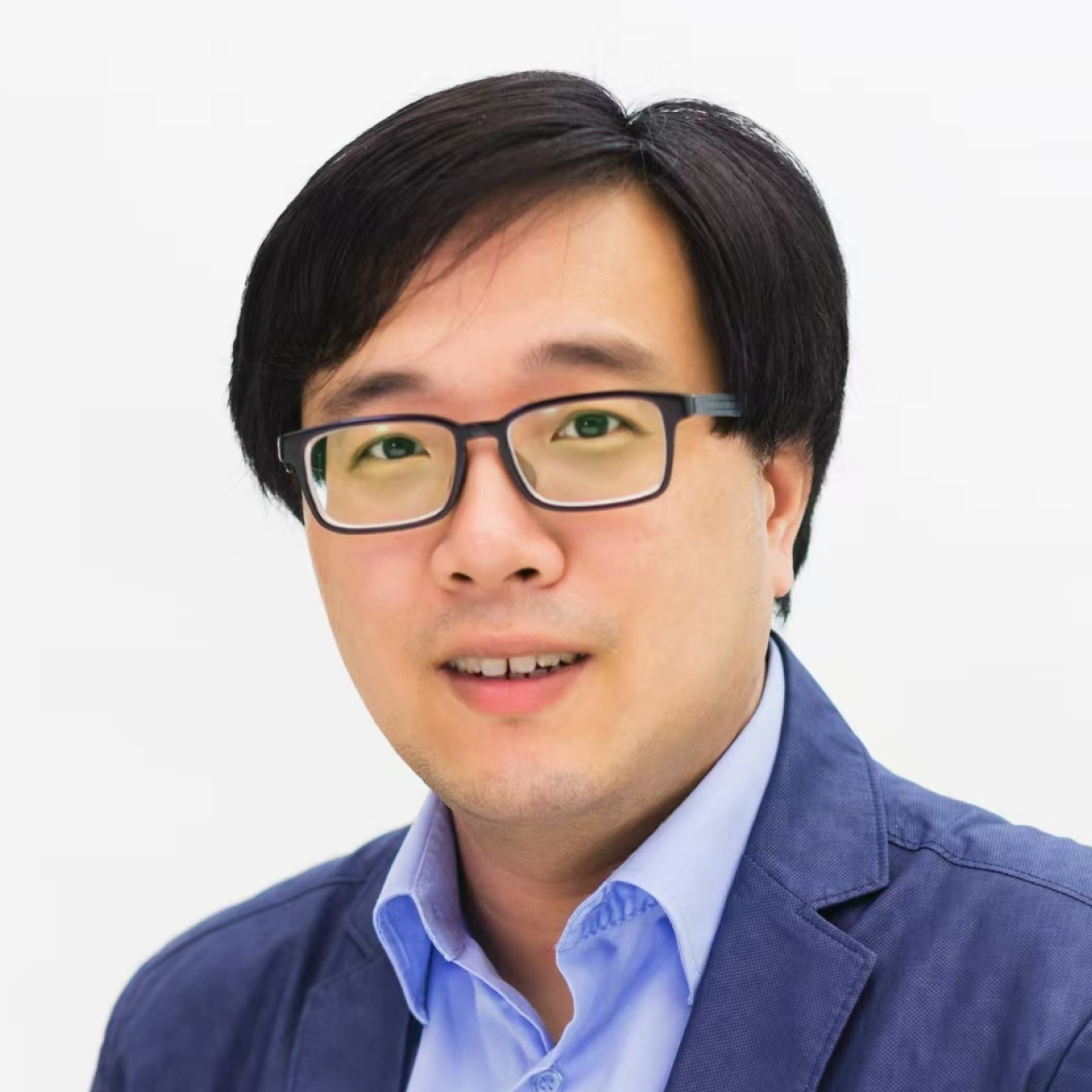
Yingjin Xu: "As a Professor of Philosophy from Fudan University, I specialize in philosophy of language (Wittgenstein in particular) and epistemology. My work also engages with the dialogue between analytic philosophy and other philosophical traditions, including Asian philosophy. Since 2006, I have been working on the philosophical issues related to AI, drawing on Wittgenstein’s ideas, and have published extensively on the philosophy of AI. My book Mind, Language and Machines—a Dialogue between Wittgenstein and AI, won the Simian Original Award in 2022. Motivated by ethical and epistemological reasons, I have become the philosophical representative of the Mandarin-speaking “small-dataism” campaign, which challenges the prevailing “big-dataism” approach in shaping the future of AI."
About the Berggruen Prize Essay Competition
The Berggruen Prize Essay Competition, in the amount of $25,000 USD for the English and Chinese language category respectively, was launched in 2024. It is given annually to stimulate new thinking and innovative concepts while embracing cross-cultural perspectives across fields, disciplines, and geographies.
About the Berggruen Institute
The Berggruen Institute is a global network of thinkers navigating change through ideas. We develop new conceptual frameworks to meet the challenges & harness the opportunities of the arriving future. Our work forges new frameworks of thought in democracy, capitalism, planetary politics, science and technology, and philosophy and culture. We foster dialogue between East and West, and develop shared perspectives for our world. Our goal is to create a planetary network of thinkers from diverse disciplines and cultures. We believe these thinkers—connected and emboldened—can reshape our social and political institutions, and drive solutions to some of the biggest challenges of our time.
